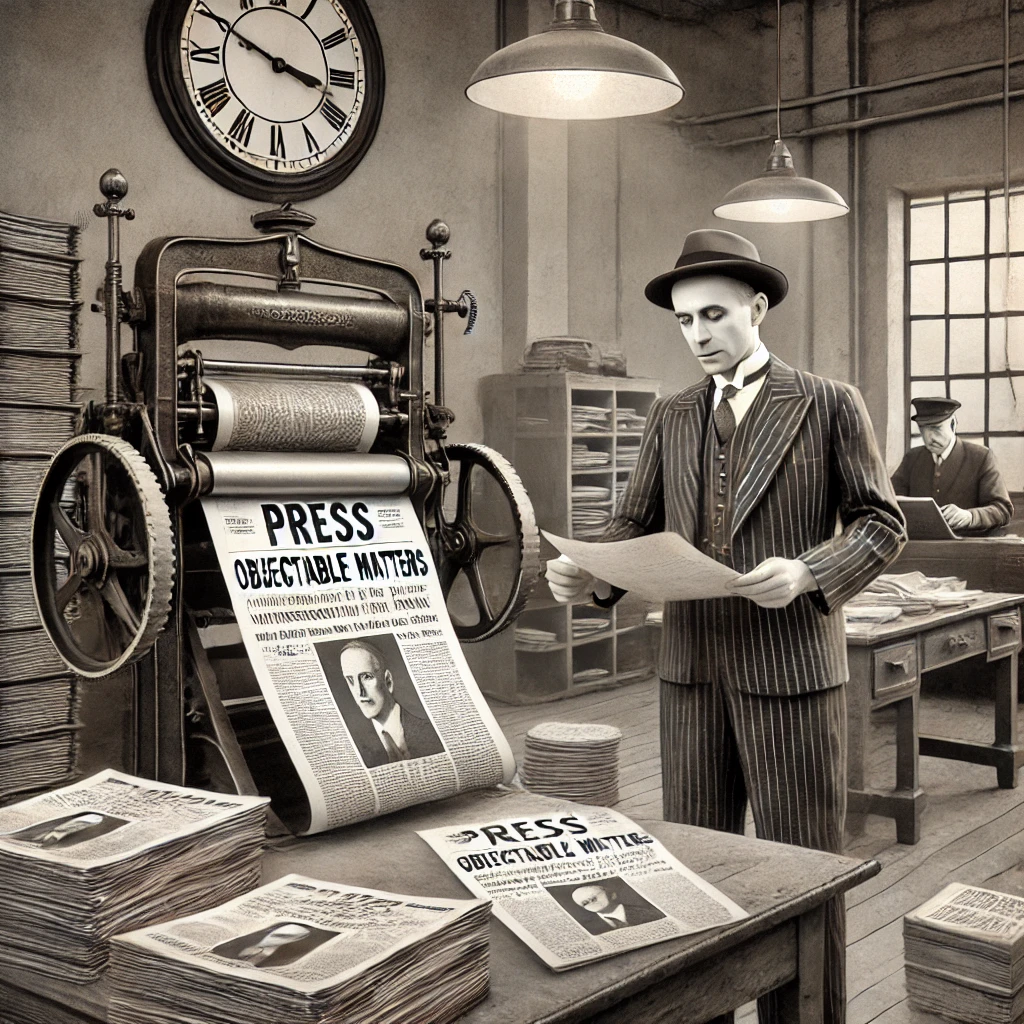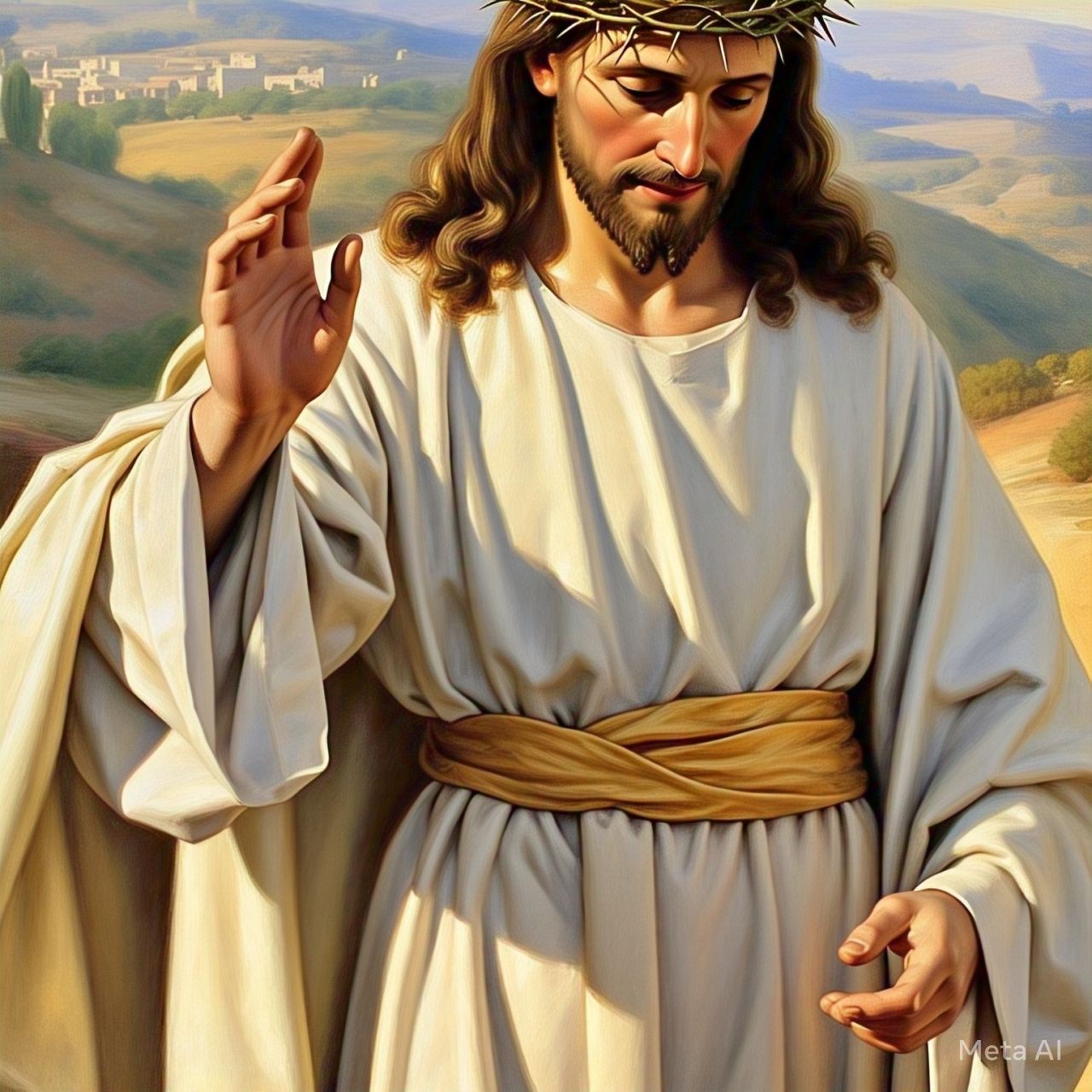Press Objectionable Matters Act 1951
Press Objectionable Matters Act was enforced, so it was to censor and restrict the publication of content considered objectionable or against the interest of public and The State so it has to be seen also from the perspective of the First Amendment so the First Amendment in the Constitution of the United States was regarding the addition of Fundamental Rights or it even included press freedom so the Jawaharlal Nehru Government created reasonable restrictions.

- In 1951, the Press Objectionable Matters Act was passed along with an Amendment to Article 19(2), which empowered the government to demand and forfeit security for publication of “objectionable matter”.
- In 1951, the Nehru administration made a provision limiting Article 19 (1)(a) of Constitution of India against “abuse of freedom of speech and expression” and it remained in force till 1956 with the coming of Press Commission there were several advancements one of which was this act was repealed.

- It was enacted to penalize the abuse of press freedom by publishing content that encourages violence, sabotage, or other serious offences especially in Punjab and Bengal, so newspapers were being used to instigate a lot of rights, so to control that this act was regulated.
- 51 was enacted to penalize the abuse of press freedom by publishing content that encourages violence, sabotage, or other serious offences. The Act applies primarily to publishers and press keepers.
Source: – Indian Mass Communication (YT)
Written By: – Rajat Ranjan
